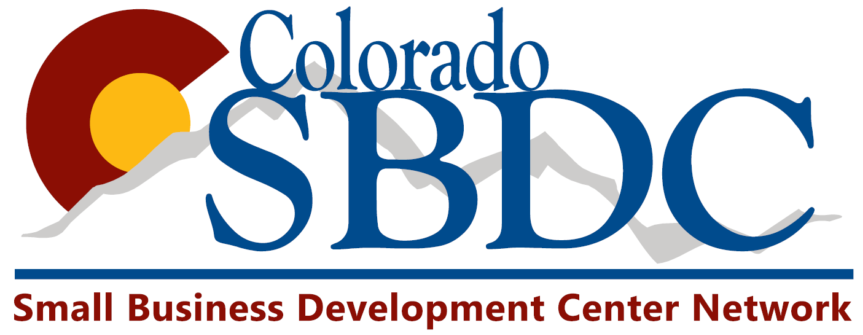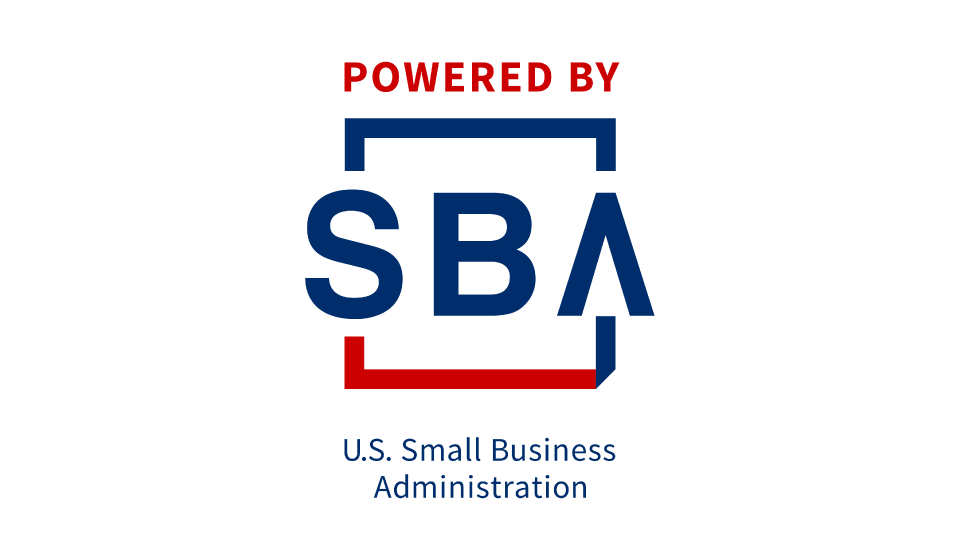Register your business on MyBiz!
MyBizColorado is the fastest way to register and manage a business. This is the official filing tool for the State of Colorado. You can start right now, or take a few moments to learn more on the website.
For questions regarding MyBiz Colorado registration process, watch this video.
Small Business Navigator
The Small Business Navigator is the first point of contact for new and existing business owners with questions about federal, state and local licensing requirements. The navigator also provides referrals to a variety of state and federal assistance programs and local small business training. In addition, the navigator maintains a comprehensive database of federal, state and local regulatory and permitting requirements.
Call the Small Business Navigator at 303-860-5881 with your start-up questions!
SMALL BUSINESS COVID-19 DISASTER RESPONSE HOTLINE: 303-860-5881 ((OPEN MONDAY-FRIDAY 8AM-5PM))
Starting a Business FAQs
1. Where should I start when starting a business in Colorado?
First consult the Colorado Business Resource Book, a basic guide to starting a business in Colorado. The guide is customized to include the specific forms and licensing information for each individual business. If you still have questions, contact the Small Business Navigator at 720-665-7439. Once you have a basic idea about your business, contact the SBDC nearest you to schedule free one-on-one consulting services as well as referrals to various government sources of assistance that provide additional business consulting and economic development assistance.
2. How do I get a state business license?
The State of Colorado does not issue or require a generic general business license. Licenses are issued by various state agencies for specific types of business, activities and professions.
3. How do I register my business name or set up a legal structure?
To verify if a name is already being used in Colorado, check the Secretary of State website. Corporations, Limited Liability Companies, sole proprietors, general partnerships and trade names register organizational paperwork with the Secretary of State (303-894-2200). Trade name registration with the Secretary of State does NOT establish exclusive rights. However, it is required when doing business under any name other than the first and last names of the owner(s)/organizer(s). For more information, refer to the Legal Structure chapter of the Colorado Business Resource Book.
4. How do I get a state tax identification number?
You can apply for a state tax identification number using the online form CR 100 – New Employer Registration.
5. What is the sales tax rate in Colorado?
The state sales tax rate in Colorado is 2.9%. However, sales tax is also collected for counties, cities and special districts. The exact sales tax rate is determined by adding the various rates that apply at the location where a sales transaction is completed. The state collects the majority of all sales taxes. However, there are 71 “home rule” cities that require separate licensing and directly collect their city’s portion of the sales tax on all sales made within their jurisdiction. For more information, click here. The Department of Revenue publishes the Colorado Sales/Use Tax Rates, DRP 1002, which lists the tax rates for all jurisdictions in Colorado. The Colorado Sales Tax chapter of the Colorado Business Resource Book is also available.
6. Where do I obtain workers' compensation insurance in Colorado?
Workers’ compensation insurance is purchased through private insurance companies in Colorado. There is not a state fund. The Colorado Legislature created Pinnacol Assurance (303-361-4000), a non-profit insurance carrier, to sell workers’ comp. It is not, however, a state agency. Many new businesses frequently obtain their workers’ comp through Pinnacol; however, it not required that new business use Pinnacol. Businesses are encouraged to shop for the best rates and service as they would for any other form of insurance. Consult directories and speak with other business owners for references. For information regarding employer responsibilities to provide workers’ compensation insurance coverage, contact the Division of Workers’ Compensation (303-318-8700) or refer to the Employer Responsibilities chapter of the Colorado Business Resource Book.
7. How much is the unemployment insurance tax in Colorado?
For the majority of employers, the beginning base tax rate is 0.017 plus principle bond rate of 0.0038 for the combined rate of 0.0208 on the first $11,700 of each employee’s annual earnings. Those employers in construction-related businesses may be subject to a different tax base. For more information regarding unemployment insurance, contact the Unemployment Insurance Section (303-318-9100) or refer to the Employer Responsibilities chapter of the Colorado Business Resource Book.
8. Where do I get a government grant to start a new business?
Unfortunately, there are really no government grants – state or federal – available for starting a business. There are very specific targeted government grants but they rarely apply to start ups. These grants are called Small Business Innovative Research (SBIR) grants. SBIR grants are usually issued by a federal agency that is seeking research and development in specific areas including military weapons development, biotechnology and other high-tech fields. SBIR Colorado (303-427-1312 ext 201) is a non-profit organization that assists entrepreneurs, scientists and researchers identify SBIR grant opportunities.
9. Where do I apply for a government loan?
The vast majority of government loans programs – state and federal – are called guaranteed loans. To apply for these loans, a business owner contacts a bank or other financial institution which applies to the government for a guarantee on the loan. There are also other forms of private financing for business owners. The Financing Chapter of the Colorado Business Resource Book outlines many of these options. Before speaking to a bank or any seeking any other type of financing, a business owner should realize two important factors:
- It is very difficult to finance new businesses. The majority of financial resource for a new business will come from the personal assets of the owner and their family and friends. Banks and the government prefer to see a two or three year business history before making a loan, regardless of the age of a business. While this does not eliminate the possibility of financing, it makes the second factor even more important.
- A complete and well written business plan is critical to any type of financing. SBDC centers provide free one-on-one consulting to assist business owners in the writing of their business plan. The Business Plan Chapter of the Colorado Business Resource Book provides a basic outline for writing a business plan.




